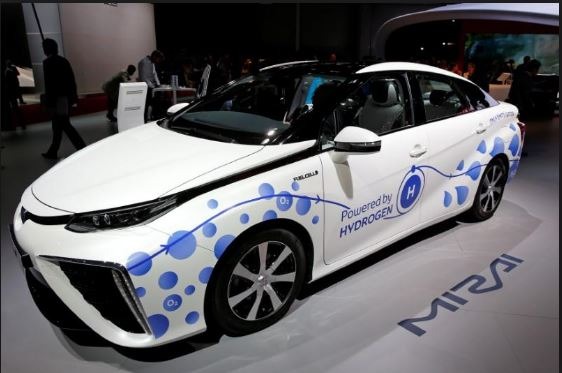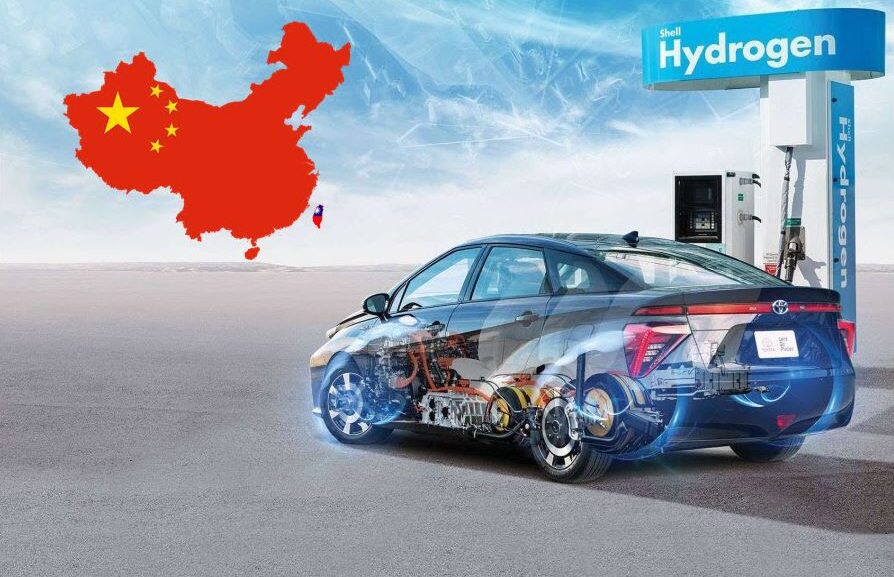Switching to Hydrogen: A Greener Future for Cars
Hydrogen technology is becoming more important in the world of environmentally friendly cars. For a long time, we mainly heard about electric cars with batteries. But now, hydrogen power is becoming just as important. This change is happening when car companies around the world and the people who make laws are trying hard to promote eco-friendly solutions. They’re making rules to stop cars with regular engines that burn fuel. In this changing world, hydrogen power is becoming very popular. It’s not just for cars; it’s also becoming popular in things like racing, big trucks, and machines used in construction. And surprisingly, it might even help keep our usual cars from disappearing.
Hydrogen technology is not just one thing; it has two different ways to help companies make cleaner cars and machines. One way we’ve heard about a lot is the hydrogen fuel cell. It’s like a magic box that changes hydrogen into electricity, which is used to power the car. And the only thing that comes out of the car is water. You can find this technology in cars like the Toyota Mirai. People in the big trucking industry, especially for long trips, think this might be better than using batteries, even though companies like Tesla might not agree.
But hydrogen can also do something else that we’re more used to. It can take the place of gasoline and diesel in regular car engines. For example, Toyota made a special version of its GR Yaris that runs on hydrogen, and they even raced a hydrogen GR86 in a Japanese race series. The famous Le Mans race will allow cars with hydrogen engines starting from 2025. Even though the current rules for Formula 1 racing don’t allow it, many people think they might change the rules soon because everyone wants top-level racing to be more eco-friendly.

Away from the race tracks, something exciting is happening with a new kind of concrete mixer. Companies called Cummins and Terex made a mixer that runs on hydrogen. Cummins likes hydrogen because it can do the same work as regular diesel engines but without making harmful gases. Hydrogen engines do make a little bit of a gas called carbon, but it’s such a small amount that European regulators might be okay with it. Even in California, where they are very strict about pollution, they’re thinking about how hydrogen engines could help them reach their environmental goals. The California Air Resources Board (CARB) is planning to have a meeting where they talk to the public about using hydrogen engines to help the state become greener.

